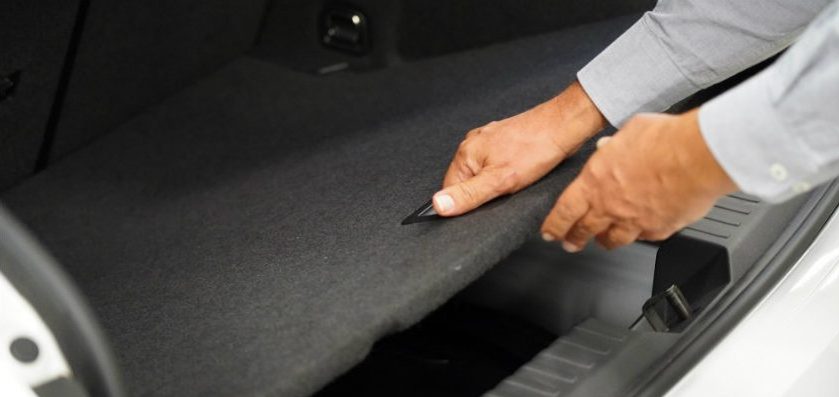SEAT says that it is in the process of trialing a number of materials innovations that it hopes will improve the sustainability credentials of its interiors.
The first, called Ku-Fizz, is a physical foam technology that reduces the weight of plastic parts, through the introduction of gas into the component as it is injection molded, generating a foamy structure in the component’s interior. According to the company, this means that not only is less plastic and injection material is used, but the weight of the parts is reduced, benefiting overall vehicle efficiency and saving production costs and time.
The company is also experimenting with Oryzite, a material that uses rice husks to replace plastic products. SEAT notes that more than 635 million metric tons of rice are harvested worldwide each year. Twenty percent of this is rice husks, some 127 million metric tons of which are discarded. The raw material is being tested on interior linings of the SEAT Leon. The tests consist of producing parts such as the rear hatch lining, the double load floor of the trunk or the ceiling headliner using rice husks mixed with polyurethanes and polypropylenes. Apparently, these do not visually differ in any way from those made with conventional technology, but weigh less while also being sustainably sourced.



